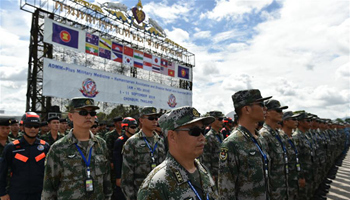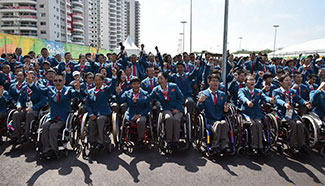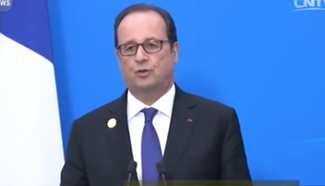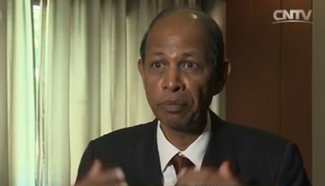BEIJING, Sept. 6 (Xinhua) -- Important developments were made in the fight against corruption during the G20 summit.
G20 leaders endorsed the High Level Principles on Cooperation on Persons Sought for Corruption and Asset Recovery, and the 2017-2018 G20 Anti-corruption Action Plan.
An important principle in the document is appropriate measures against "safe havens."
"These principles will help overcome political and legal barriers to treaties on extradition and criminal judicial assistance," said Liu Jianchao, director of the international cooperation bureau of the Communist Party of China (CPC) Central Commission for Discipline Inspection (CCDI).
They will help establish a cooperation system involving law enforcers, prosecutors and diplomats, Liu said.
At the 2014 APEC meeting in Beijing, a declaration on fighting corruption described how extradition, judicial assistance and more flexible legal measures could be used to recover stolen money.
"Compared with that declaration, these principles will have more extensive influence," said Cai Wei, joint head of the G20 anti-corruption working group.
Many G20 members are popular destinations for corrupt Chinese officials and the measures should reduce the scope for criminals to hide out in G20 members and in the world at large, according to Cai.
The action plan states that members will investigate, prosecute, and refuse entry to individuals sought by law enforcers in other G20 members while helping one another recover stolen money. There will be improvements to both public and private sector transparency.
Members welcomed the establishment of a research center in China on international cooperation on corruption and asset recovery. The center at Beijing Normal University is not an international organization, but all countries and international organizations will be welcome to send experts to the center and suggest fields of research, according to Cai.
With the space for graft and abuses of power considerably narrowed at home, China increasingly requires international cooperation in apprehending suspects overseas. Almost 2,000 fugitives have been brought back from around 70 countries and regions since the launch of operation "Sky Net" in 2014, with 7.5 billion yuan (around 1.1 billion U.S. dollars) recovered.
Of 100 Chinese fugitives listed in an Interpol red notice in April 2015, 33 have so far returned or been returned to the country.











